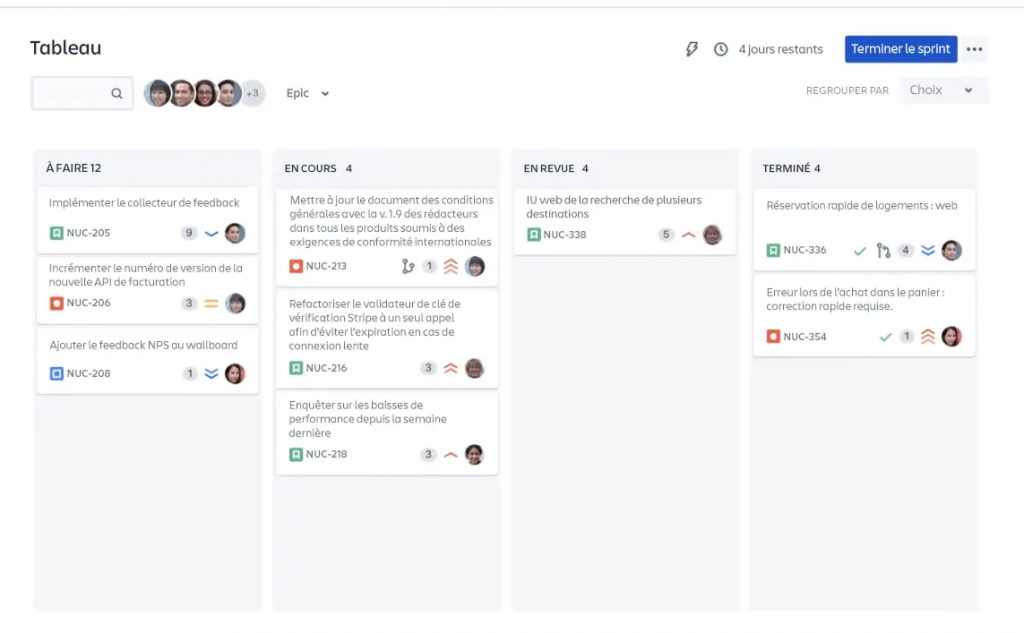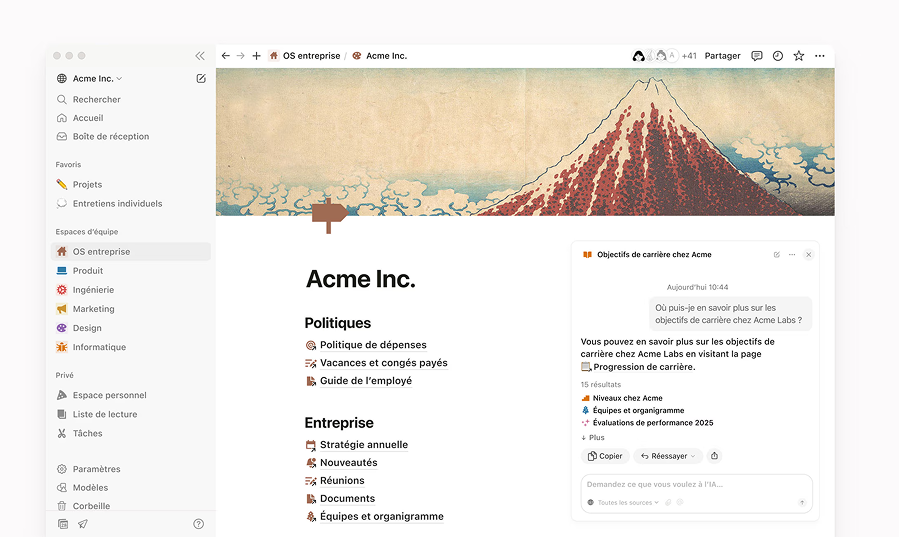Managing a Remote Tech Team : Best practices

Managing a tech team remotely is no longer optional — it’s a necessity in today’s landscape. With hybrid work models, teams spread across time zones, and the digitalization of processes, managers must adapt and innovate.
But remote work doesn’t have to mean isolation or loss of control. When well-managed, a remote team can actually outperform an in-office one.
👉 Here are the tried-and-tested best practices from the DevUps team to help you structure, support, and grow your remote tech team effectively.
1. Set a Clear Framework from the Start
Define the Rules of the Game
Autonomy doesn’t happen by accident. From day one, lay down the foundation:
- Choose your tools: Slack, Jira, Notion
- Set availability hours & async work rules
- Define delivery formats: sprints, tickets, cycles…
DevUps Tip: Formalize these elements in an internal, regularly updated team charter
Less ambiguity = more flow and responsibility.
2. Build the Right Collaboration Stack
Centralize, Don’t Multiply
The right tools make or break remote teamwork. Here’s the minimum recommended stack:
- Communication: Slack, Discord, or Mattermost
- Project tracking: Jira, Trello, or Linear
- Documentation: Notion, Confluence, or Google Docs
👉 Goal: Avoid information overload and promote transparency.
To learn more, read: : How we organize async collaboration in a fully remote team

3. Manage Without Micromanaging
Trust is Your Performance Lever
Remote work ≠ no management. In fact, it requires more intention:
- Weekly 1:1 meetings
- Daily or async stand-ups
- Clear dashboards with KPIs
But above all, give regular, constructive, and human feedback.
The best tool for a remote manager? Trust — not control. – DevUps
4. Keep Human Connection Alive
Culture Doesn’t Disappear — It Evolves
The human factor is still the core of any high-performing team, remote or not. At DevUps, we nurture it through:
- Virtual coffees, team games, off-topic Slack channels
- Weekly demos and retrospectives
- Celebrating wins (#bravo channel, internal newsletters)
Discover more about Notion in our latest article: Exploring Notion for Team Management

5. Prevent Friction Before It Starts
Be Proactive with Warning Signs
Remote work can sometimes mask:
- Isolation or mental fatigue
- Slower responsiveness
- Misalignment on goals
DevUps recommends:
✅ Define response time expectations
✅ Encourage breaks and time management
✅ Keep an open channel for check-ins and personal follow-up
Case Study: Our DevUps Remote Team Model
At DevUps, our tech team is spread across four time zones. To stay productive and connected, we’ve implemented:
- An async team charter
- Structured weekly check-ins
- A Notion cockpit for specs, tracking, and delivery
We’re happy to share this model for free upon request. Get it now
Conclusion
The real job of a remote manager? Structure, equip, and trust your team.
With the right setup, remote work isn’t a challenge — it’s a performance engine.
Ready to transform your tech team management?Contact us
Need support to structure or improve your tech team management? Contact DevUps for a personalized assessment or tailored guidance.
Latest Insights and Tips
Start building your digital ecosystem today. Get in touch with our team to discuss your project.







